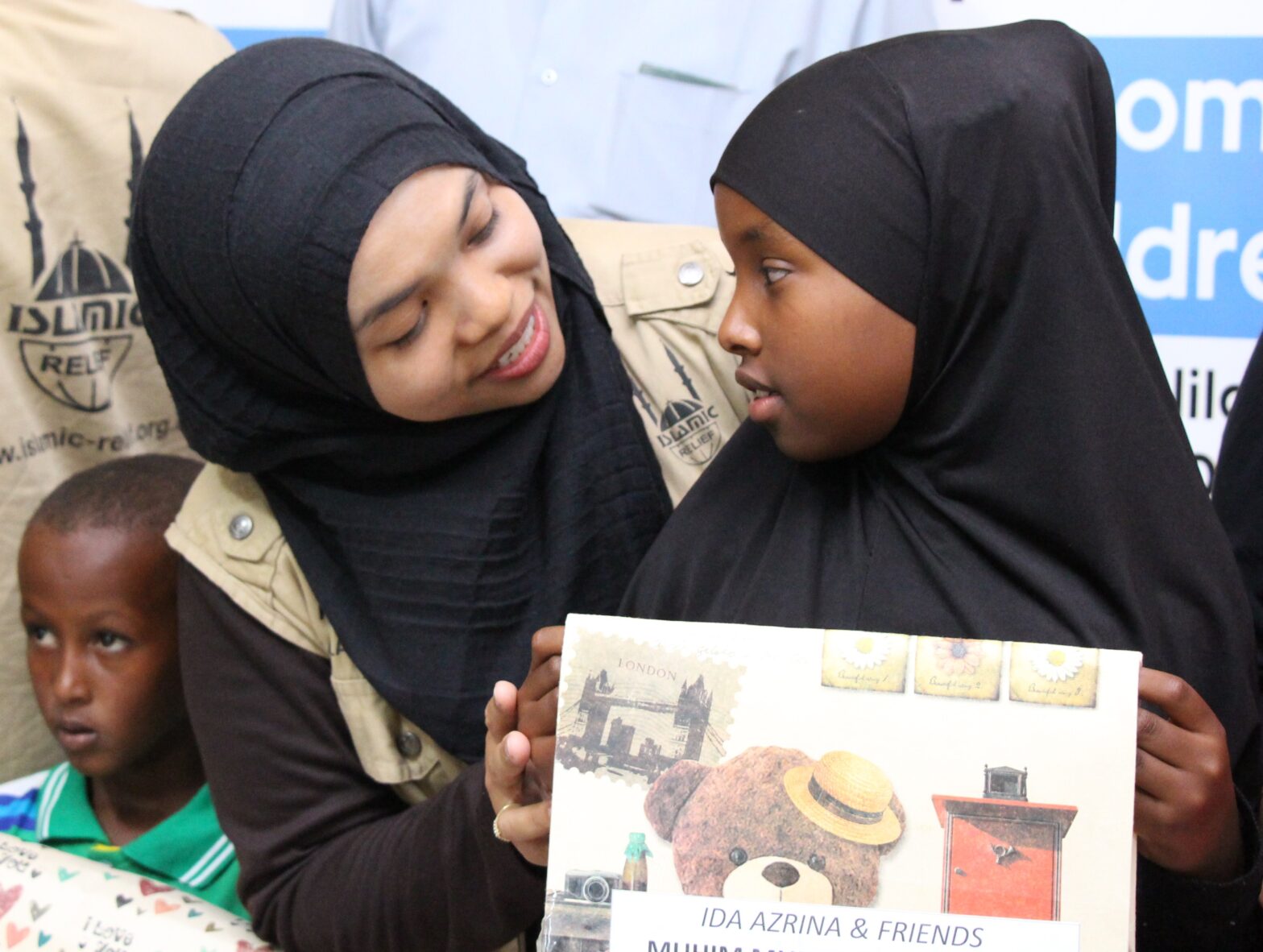
Amid the increasingly complex and uncertain global challenges, humanitarian crises continue to pose major issues that demand urgent attention and action. Wars, armed conflicts, natural disasters, disease outbreaks, and various other factors have led to chaos and severe disruptions in societal systems. These circumstances have resulted in the loss of lives and property, mass displacement of people, and the destruction of infrastructure.
Even more concerning, they have also undermined access to basic necessities such as clean water, food, and healthcare services. All of these leave behind trauma and profound impacts on the survival, safety, and fundamental rights of affected communities.
In facing such critical situations, the role of nations across the world is crucial to ensure that humanitarian aid can be delivered effectively and efficiently. It must be acknowledged that humanitarian crises occurring in any one country should not be neglected. Instead, they are challenges that the entire world must confront together in order to defend and uphold social justice for marginalized communities.
It must be remembered that crises and disasters not only test the resilience of local communities, but also serve as a measure of global commitment in assisting those affected by conflict.
Conflict-ridden countries such as Gaza, Sudan, and Syria often reflect the faces of those enduring suffering. They require continuous support and assistance from other nations so that their spirit to keep fighting for survival does not fade away.
In such critical moments, the international community must wisely decide whether to remain silent and indifferent, or to rise together in igniting hope and resilience during times of humanitarian crisis.
Solidarity: An International Bridge
When conflict erupts, cross-border support becomes a vital bridge that not only strengthens diplomatic relations but also helps restore peace and instill hope among affected communities.
The assistance provided covers basic needs such as food, medical care, temporary shelter, and psychosocial support to ensure the continued well-being of both physical health and mental resilience.
In today’s era of globalization, solidarity is no longer confined to physical aid alone. The presence of digital platforms, such as social media, has created vast opportunities for people to express their support at their fingertips.
Through the sharing of information, awareness campaigns, and targeted hashtags, the global community can unite in voicing concern for humanitarian issues swiftly and widely.
A successful example of global solidarity is the #FreePalestine and #SaveGaza campaigns, which went viral worldwide during Israel’s intensified attacks on Palestine. Through these campaigns, more social media users were able to demonstrate their solidarity and opposition to inhumane actions by uploading images, videos, infographics, and eyewitness reports that exposed the true situation faced by Palestinians.
This collective action raised global awareness, placed pressure on world leaders, and strengthened public support in demanding justice and an end to violence.
In conjunction with World Humanitarian Day, it is only fitting that greater exposure be given to humanitarian issues so that the power of millions of voices can be amplified in the pursuit of justice for the oppressed.
This commitment is also reflected through on-the-ground actions, such as those undertaken by Islamic Relief, which delivers emergency aid including food, water, medicine, and shelter to communities affected by humanitarian crises.
As emphasized by the Chief Executive Officer of Islamic Relief Malaysia (IR Malaysia), Siti Fadilah Mohd Hood, World Humanitarian Day is a crucial moment to reflect on our shared commitment to upholding humanitarian values. Despite the many challenges and difficulties, humanitarian workers continue to bravely step forward, bringing hope and relief to those most in need.
“As an NGO, we are determined to continue carrying this mandate and to play an active role in ensuring that aid reaches on time and has a real impact on the lives of marginalized communities. We all share a collective responsibility to nurture compassion, unity, and boundless solidarity. Therefore, I call upon everyone to help build a world that is more just, peaceful, and humane,” she said.
World Humanitarian Day is not merely a day of remembrance, but a day for action, contribution, and advocacy. In a world often divided by conflict, it is the spirit of humanity that has the power to unite.
The role of nations, together with the solidarity of communities across the globe, can indirectly strengthen the universal humanitarian spirit and sow hope for those enduring hardship.
As long as suffering exists, we must continue moving forward. May this awareness fuel collective efforts toward a world that is more peaceful and compassionate.



